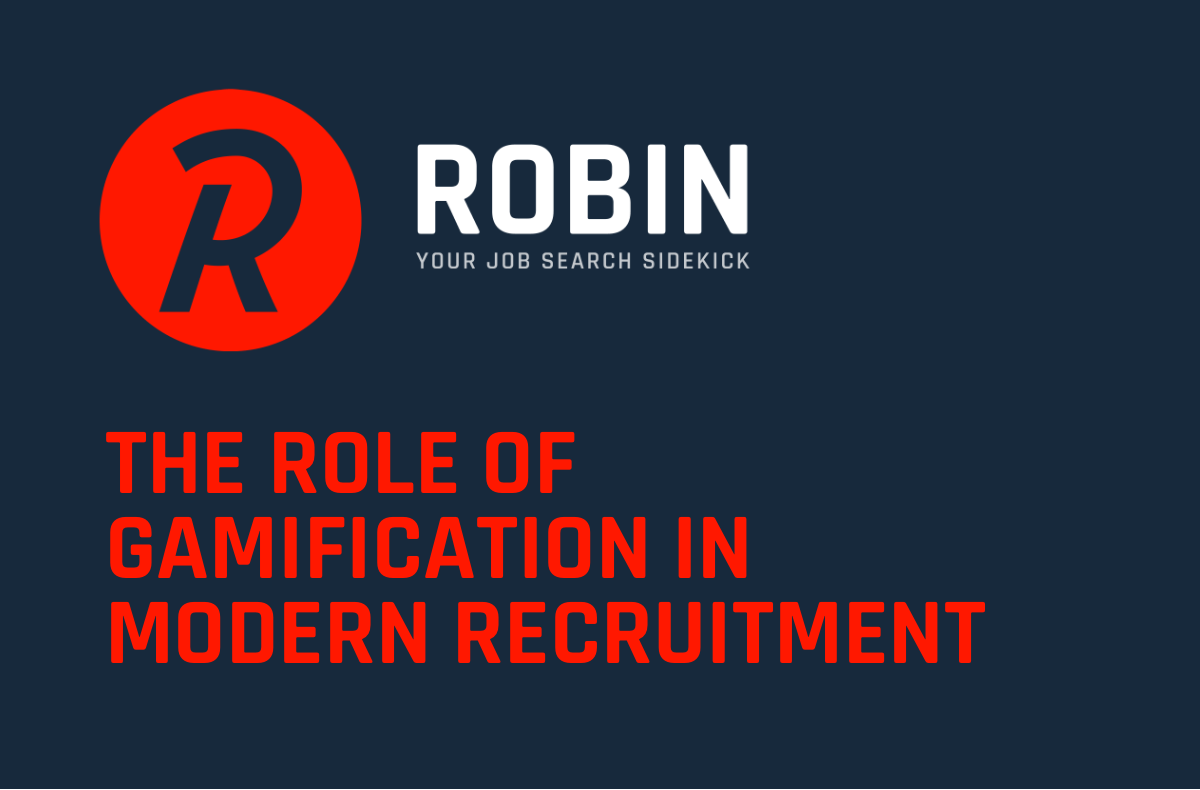The Role of Gamification in Modern Recruitment

In today's competitive job market, organizations are continually seeking innovative ways to attract and assess top talent. One such method is gamification, a strategy that incorporates game-like elements into non-gaming contexts. In recruitment, gamification engages candidates, assesses their skills, and creates a more interactive hiring process. This blog explores the role of gamification in modern recruitment, its benefits, and practical examples of its implementation.
What is Gamification in Recruitment?
Gamification involves using game design elements, such as point scoring, leaderboards, and challenges, in recruitment processes. By transforming traditional assessments into engaging activities, employers can evaluate candidates’ skills and enhance their overall experience during the hiring process.
Benefits of Gamification in Recruitment
- Enhanced Candidate Engagement: Gamified assessments captivate candidates’ attention and encourage participation. Candidates are more likely to enjoy the process, which can give a positive impression of the company.
- Objective Assessment: Gamification allows for standardized testing environments, enabling employers to assess candidates based on their performance in real-time scenarios rather than solely relying on resumes or interviews.
- Reduced Bias: By focusing on skills and performance in gamified tasks, employers can minimize unconscious biases that may arise during traditional hiring processes.
- Improved Candidate Experience: A gamified recruitment process can make candidates feel valued and respected. It can also provide them with feedback that helps them understand their strengths and areas for improvement.
Examples of Gamification in Recruitment
- Deloitte University: Deloitte uses a gamified assessment tool called the "Deloitte Leadership Academy," where candidates can engage in scenarios that mimic real workplace challenges. The tool assesses their decision-making and problem-solving skills.
- Unilever: Unilever has implemented gamification in its recruitment process, using an online game to evaluate candidates' skills in areas such as problem-solving and numerical reasoning. This approach has significantly increased candidate engagement and satisfaction.
- Pymetrics: Pymetrics applies neuroscience-based games to assess candidates’ cognitive and emotional traits. The platform matches candidates with compatible roles based on their gameplay performance, providing a unique and data-driven approach to recruitment.
Case Studies on Gamification in Hiring
- According to a study by TalentLMS, 79% of employees say they would be more productive if their work were more gamified. This suggests that incorporating gamification into recruitment can lead to a more engaged and motivated workforce.
- A report by the Aberdeen Group found that organizations using gamification in their hiring process saw a 30% increase in candidate engagement and a 20% reduction in time-to-hire.
Conclusion
By engaging candidates in a fun and interactive way, employers can not only assess skills more effectively but also create a memorable experience that reflects positively on their brand. Incorporating gamification into recruitment strategies is no longer just a trend—it’s becoming an essential tool for attracting and retaining top talent.
References for Further Exploration
- Deloitte Leadership Academy: Deloitte
- Unilever Recruitment: Unilever
- Pymetrics: Pymetrics
- TalentLMS Study: TalentLMS
- Aberdeen Group Report on Gamification: Aberdeen Group
By understanding and implementing gamification in recruitment, organizations can significantly enhance their hiring processes, leading to better hires and a stronger workforce.

